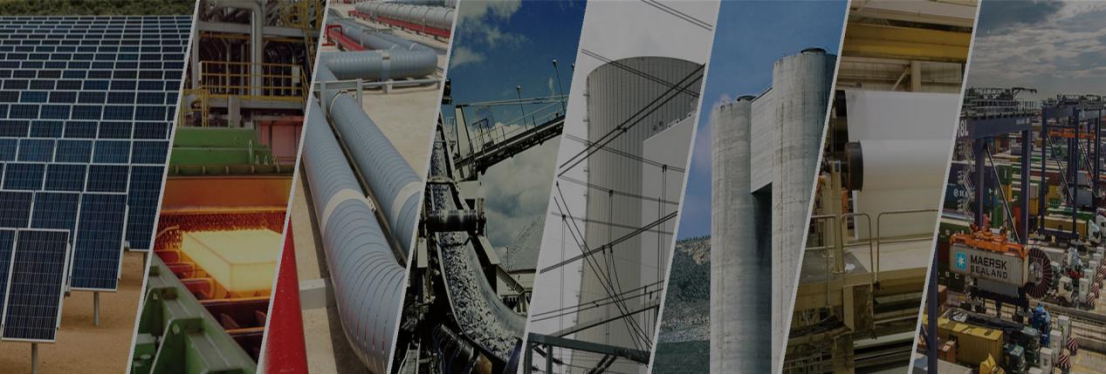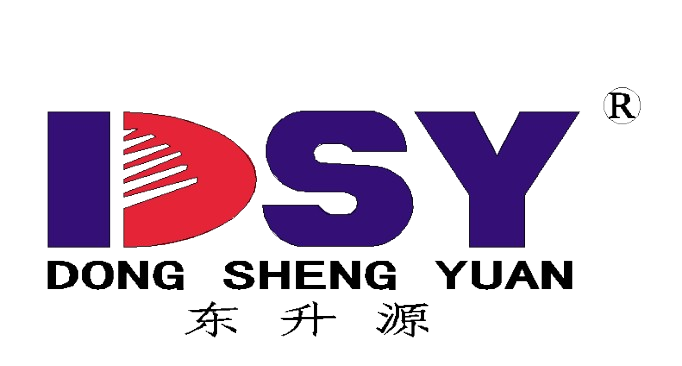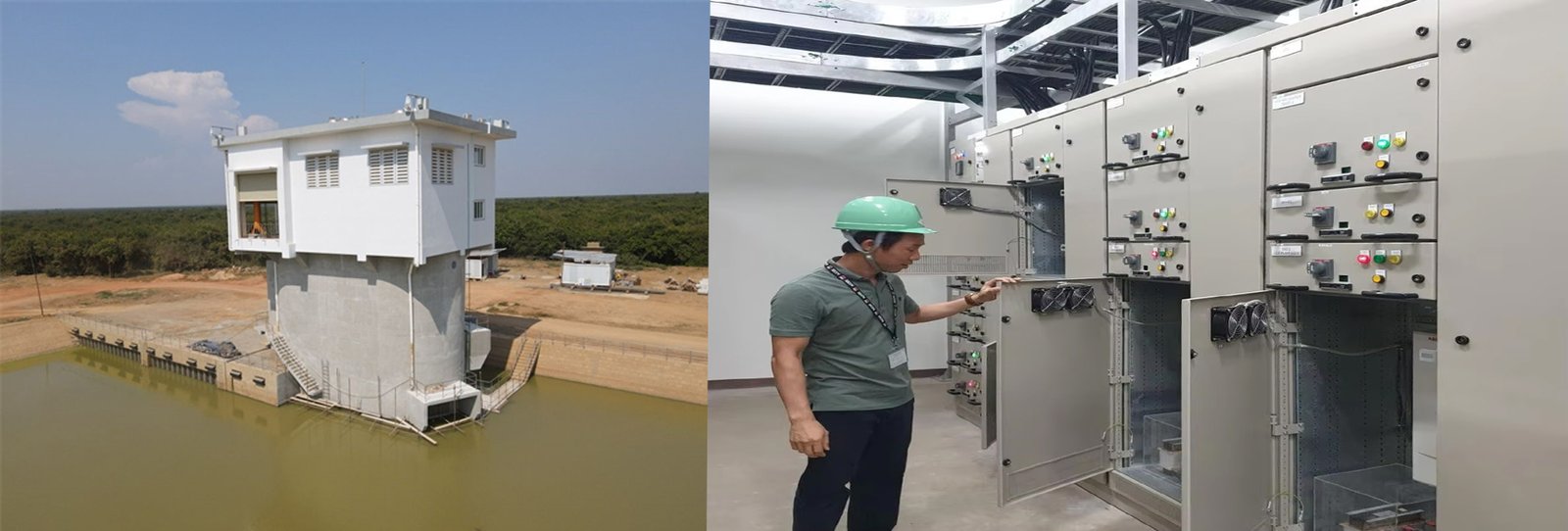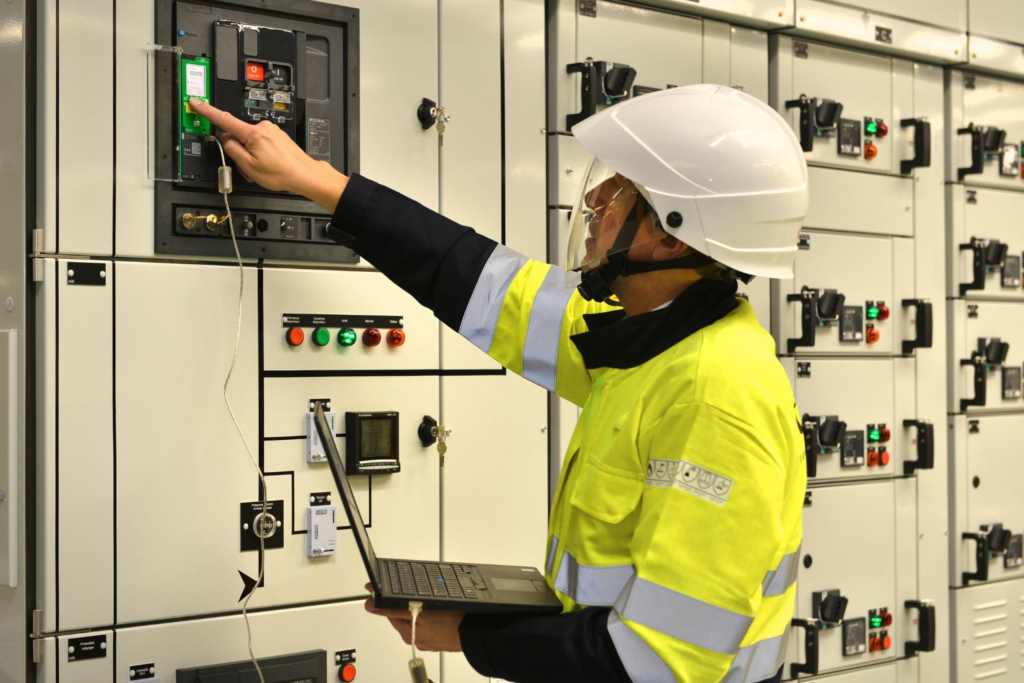How to Write a Switchgear Specification That Vendors Respect
Introduction
If you’re sourcing MV/LV switchgear, the biggest risk isn’t the price—it’s what happens when the equipment fails inspection. Many project delays, FAT rejections, and vendor disputes stem from unclear technical specifications. As a procurement manager or EPC contractor, you need a clear, compliant, and vendor-ready spec to secure accurate quotes and avoid surprises later.
This guide walks you through exactly how to build that spec—aligned with IEC 62271, structured for real-world RFQs, and focused on getting the switchgear you actually need, delivered right the first time.
Start with Project and Site Conditions
Procurement tip: Never let the vendor guess environmental conditions—they’ll either overspec (raising costs) or underspec (failing compliance).
- State whether the installation is indoor or outdoor
- Specify altitude, ambient temperature, humidity, and seismic zone
- Define pollution level—especially important for outdoor or industrial environments
Why it matters: These inputs determine enclosure IP rating, insulation level, and design margins. Getting it wrong means your equipment might fail in real conditions.

Define Standards and Certification Requirements
What to include: Don’t just say “international standards.” You must name them.
- IEC 62271-200 – medium-voltage metal-enclosed switchgear
- ANSI C37.20.2 – if sourcing to North America
- ISO 9001, internal arc classification (IAC), and type test reports
Why it matters: Without this clarity, vendors may supply switchgear that doesn’t pass FAT—or worse, gets rejected during site acceptance.
Specify Key Electrical Parameters
Buyers often overlook: Short-circuit rating and busbar sizing. These directly affect safety and reliability.
| Parameter | Recommended Input | Procurement Risk |
|---|---|---|
| Rated Voltage | 12kV / 24kV / 33kV | Under-rated = insulation failure |
| Rated Current | 630A / 1250A / 2500A | Mismatched = overheating or shutdown |
| Short Circuit Rating | 25kA / 31.5kA for 3s | Wrong rating = catastrophic failure on fault |
| Busbar Material | Copper or Aluminium | Impacts price, losses, and lifetime |
Detail Configuration and Protection Requirements
Never skip this: Vendors need to know exactly what logic, relays, and interlocks to implement.
- Number of panels, in/out feeders, and busbar configuration (single/double)
- Protection relays: specify function (O/C, E/F) or preferred model (e.g., ABB, Schneider)
- SCADA integration: Modbus, IEC 61850, or other protocols
- Internal arc protection (IAC): AFLR, 20kA/1s minimum for operator safety
Why it matters: Unclear relay or SCADA specs often result in rework, additional costs, or field retrofit delays.
Clarify FAT and Documentation Expectations
Don’t assume testing is included—write it in.
- FAT scope: routine tests per IEC 62271-1 and 62271-200
- FAT witness option: buyer-side or third-party
- Required documents: GA drawings, SLD, wiring diagram, terminal plan, certificates
- Language, labeling, shipping marks, and video evidence (optional but preferred)
Why it matters: Many procurement delays happen because FAT wasn’t defined—or was assumed to be included, but wasn’t.
Conclusion
If you’re buying switchgear, your spec is your first line of defense. The clearer it is, the fewer surprises, delays, or cost overruns. Use this checklist, follow the structure, and ensure your RFQ covers not just ratings—but safety, standards, and testing.
Call to Action
Want help writing or reviewing your switchgear spec? Contact us now to get a free RFQ template or submit your draft for feedback. Our team helps buyers ensure IEC compliance, avoid sourcing mistakes, and get it right the first time.





